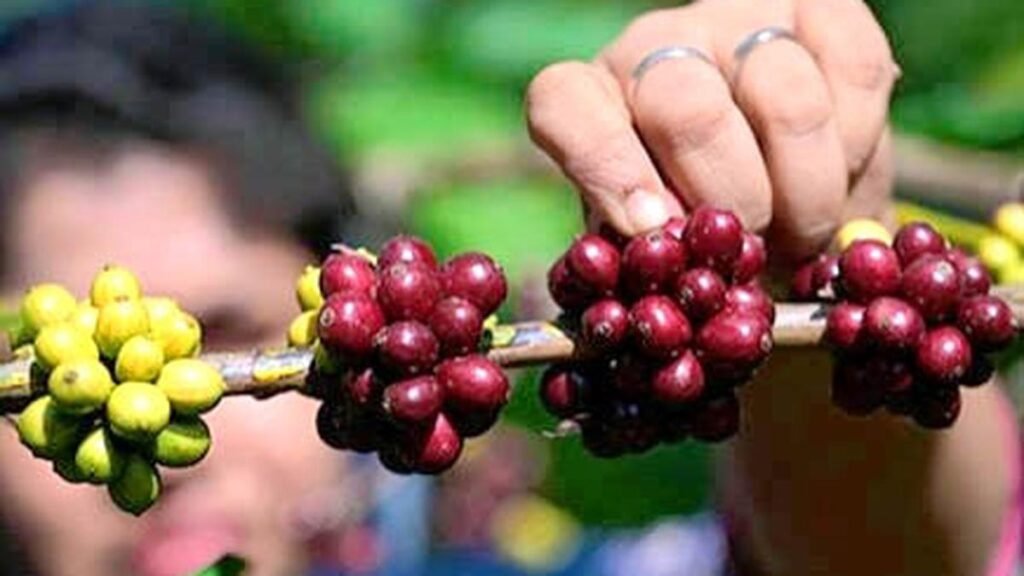Trade treaty kicks in, Swiss govt seeks investment pact
NEW DELHI: As companies from the EFTA Bloc — Switzerland, Norway, Iceland and Liechtenstein — promised investment into India as part of the $100 billion commitment under the trade deal, Swiss state secretary for economic affairs Helene Budliger Artieda called for the need for a bilateral investment treaty(BIT), while Liechtenstein sought a double taxation avoidance agreement.At an event to mark the implementation of the Trade and Economic Partnership Agreement (TEPA), pharma giant Roche Holding committed to invest $1.8 billion into its core business over the next five years. There were at least 18 other companies that committed to invest in India over the next three-five years.While a trade deal was finalised around 18 months ago, BIT has been held up as the finance ministry has so far not agreed to make changes to the model treaty, which is not acceptable to most countries.But that has not stopped companies in the four EFTA countries from seeking to invest more in return for India offering lower or zero duty import of most items from the trading bloc, including Swiss chocolates and watches.While TEPA includes a commitment from the bloc for investments of $100 billion in India over 15 years, commerce minister Piyush Goyal said he had received assurances of another $150 billion in investments, but after the finalisation of data exclusivity in India’s IP laws. “Given robust intellectual property laws and enforcement in India… we are hoping to attract much more than that,” he said.He argued that it is the first trade agreement to incorporate a firm investment commitment, helping balance the interests and ensuring fairness between partners.The minister described the pact as a “trusted partnership between friends” at a time of global trade turbulence. “It signifies a solid vote of confidence between the four-nation EFTA and India, between the businesses of our five countries. It signals new beginnings, happy tidings and huge opportunity for businesses on both sides,” he said.As part of the agreement, India is offering duty concessions on 82.7% products, covering 95.3% of EFTA exports. Sectors such as dairy, soya, coal and sensitive agricultural products are, however, excluded from tariff reduction commitments.



